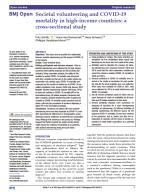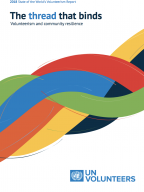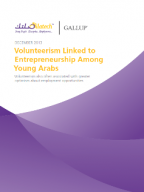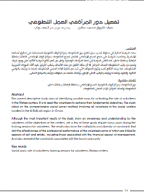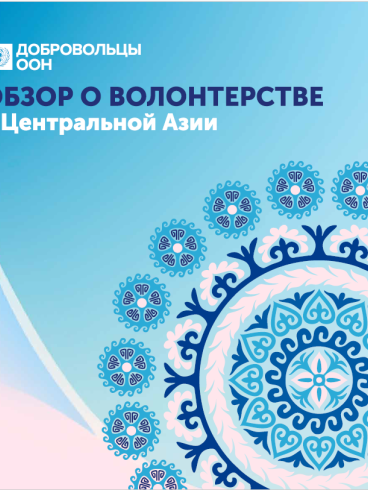
The State of Volunteering in Central Asia Review
Kazakhstan, Kyrgyzstan, Tajikistan, Turkmenistan and Uzbekistan share rich historical and cultural ties that aid in fostering close cooperation in political and economic spheres. Central to this cooperation is the development of volunteering and charitable activities, deeply rooted in the
centuries-old traditions of Central Asian peoples. Despite the challenges posed by the global COVID-19 pandemic, these countries remain committed to sustainable development.
Volunteering and charity in Central Asia have long-standing histories. Traditions of mutual aid –such as Asar, Ashar, Hashar, and Yowar – have been integral to local cultures. These traditions have evolved into modern volunteering practices that focus on providing voluntary assistance to those in need. Over time, the effectiveness, purpose and significance of volunteering for society have increased, along with the range of opportunities available for its realization.
Civil society plays a crucial role in fostering personal responsibility for sustainable development. It unites active citizens, groups and associations involved in local decision-making. The growth of civil society, including the non-profit sector, volunteering and informal civil initiatives, is vital for achieving the Sustainable Development Goals (SDGs) in Central Asia. This development enhances community participation and ensures a collective effort towards a more sustainable and equitable future for the region














